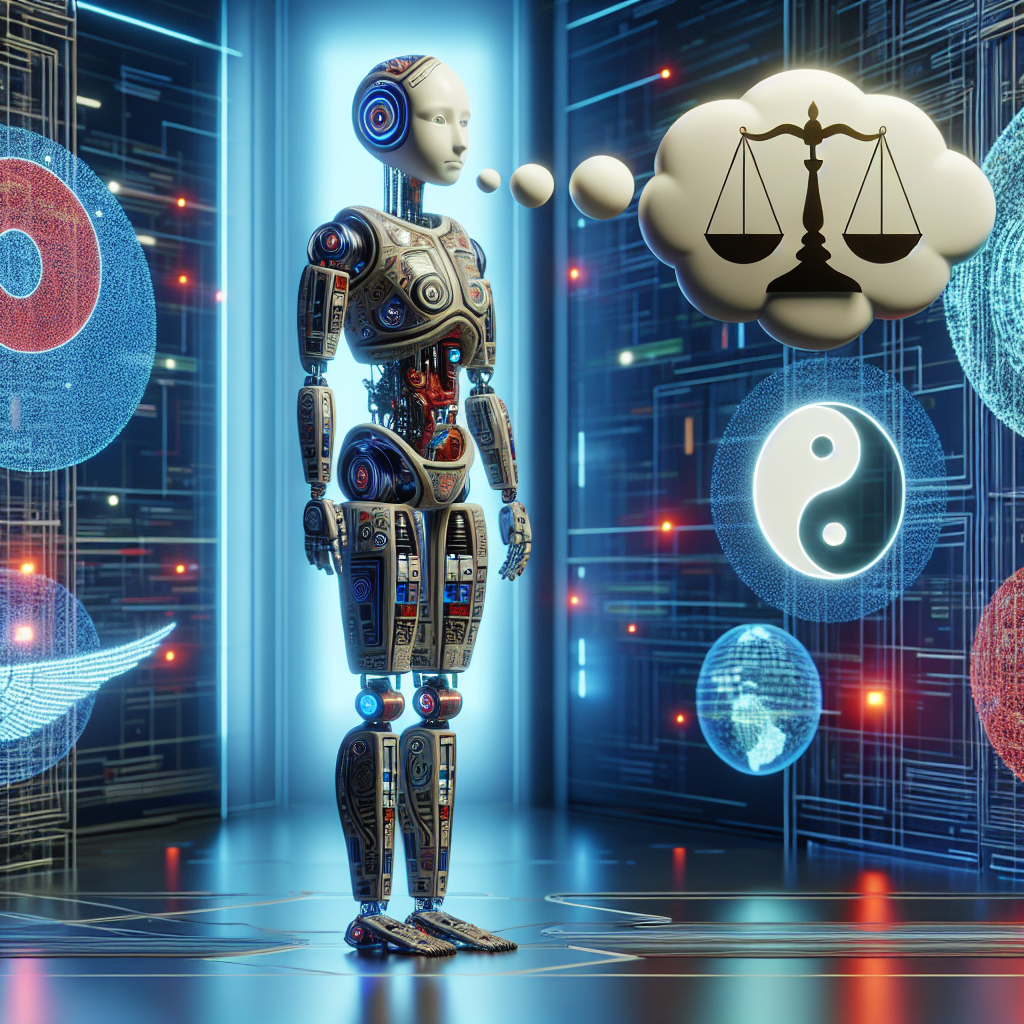Artificial General Intelligence (AGI) is a rapidly advancing field that has the potential to revolutionize the way we live and work. However, along with its many promises, AGI also brings a host of ethical dilemmas that must be addressed. In this article, we will explore some of the moral questions surrounding AGI and the implications it may have on society.
What is AGI?
AGI refers to a form of artificial intelligence that is capable of performing any intellectual task that a human being can. Unlike narrow AI, which is designed for specific tasks such as playing chess or driving a car, AGI has the ability to learn and adapt to new situations in a way that mimics human intelligence.
The development of AGI has the potential to bring about significant advancements in fields such as healthcare, transportation, and education. For example, AGI could help doctors diagnose diseases more accurately, improve the efficiency of transportation systems, and personalize learning experiences for students. However, the rapid progression of AGI also raises important ethical questions that need to be addressed.
Ethical Dilemmas of AGI
One of the key ethical dilemmas surrounding AGI is the potential for job displacement. As AGI becomes more advanced, it is likely that many routine tasks currently performed by humans will be automated. This could lead to widespread unemployment and social unrest, particularly for workers in industries that are heavily reliant on manual labor.
Another ethical concern is the impact of AGI on privacy and data security. As AGI systems become more sophisticated, they will have the ability to collect and analyze vast amounts of personal data. This raises questions about who has access to this data, how it is being used, and whether individuals have the right to control their own information.
There are also concerns about the potential for AGI to be used for malicious purposes. For example, AGI could be used to develop autonomous weapons systems that have the ability to make life-and-death decisions without human oversight. This raises questions about the morality of delegating such power to machines and the potential consequences of their actions.
Furthermore, there are concerns about the lack of transparency and accountability in the development of AGI. As these systems become more complex and autonomous, it can be difficult to understand how they arrive at their decisions. This raises questions about who is responsible for the actions of AGI systems and how they can be held accountable for any harm they may cause.
FAQs
Q: Will AGI replace human workers?
A: While AGI has the potential to automate many routine tasks, it is unlikely to completely replace human workers. Instead, AGI is more likely to augment human capabilities and create new opportunities for collaboration between humans and machines.
Q: How can we ensure that AGI is developed ethically?
A: To ensure that AGI is developed ethically, it is important to involve a wide range of stakeholders in the decision-making process, including ethicists, policymakers, and members of the public. It is also important to establish clear guidelines and regulations for the development and deployment of AGI systems.
Q: What are the potential benefits of AGI?
A: AGI has the potential to bring about significant advancements in fields such as healthcare, transportation, and education. For example, AGI could help doctors diagnose diseases more accurately, improve the efficiency of transportation systems, and personalize learning experiences for students.
Q: What are the risks of AGI?
A: Some of the risks associated with AGI include job displacement, privacy concerns, the potential for malicious use, and the lack of transparency and accountability in the development of these systems. It is important to address these risks proactively in order to ensure that AGI is developed in a responsible and ethical manner.
Conclusion
The development of AGI has the potential to bring about significant advancements in many areas of society. However, it also raises important ethical questions that must be addressed. By considering the potential risks and benefits of AGI, and by involving a wide range of stakeholders in the decision-making process, we can ensure that AGI is developed in a responsible and ethical manner.

